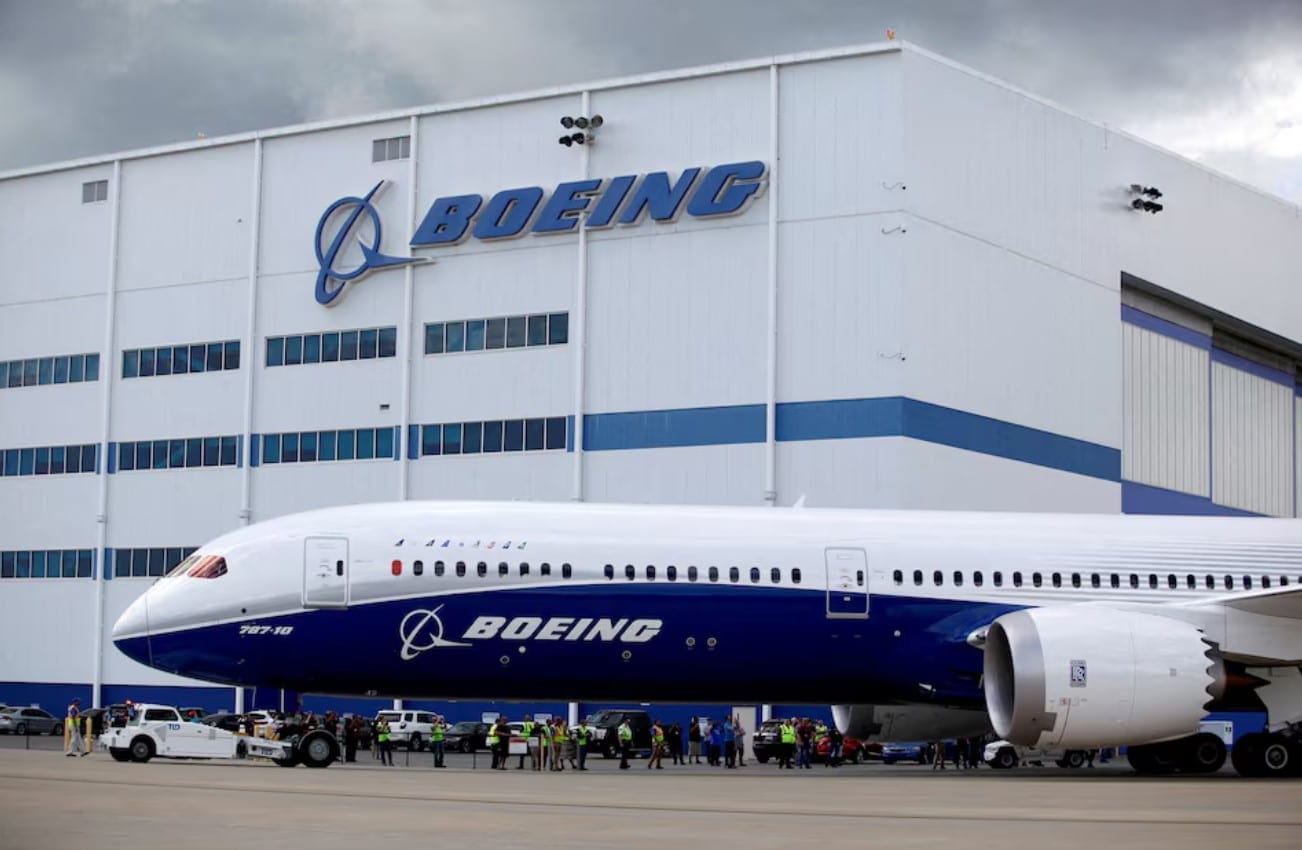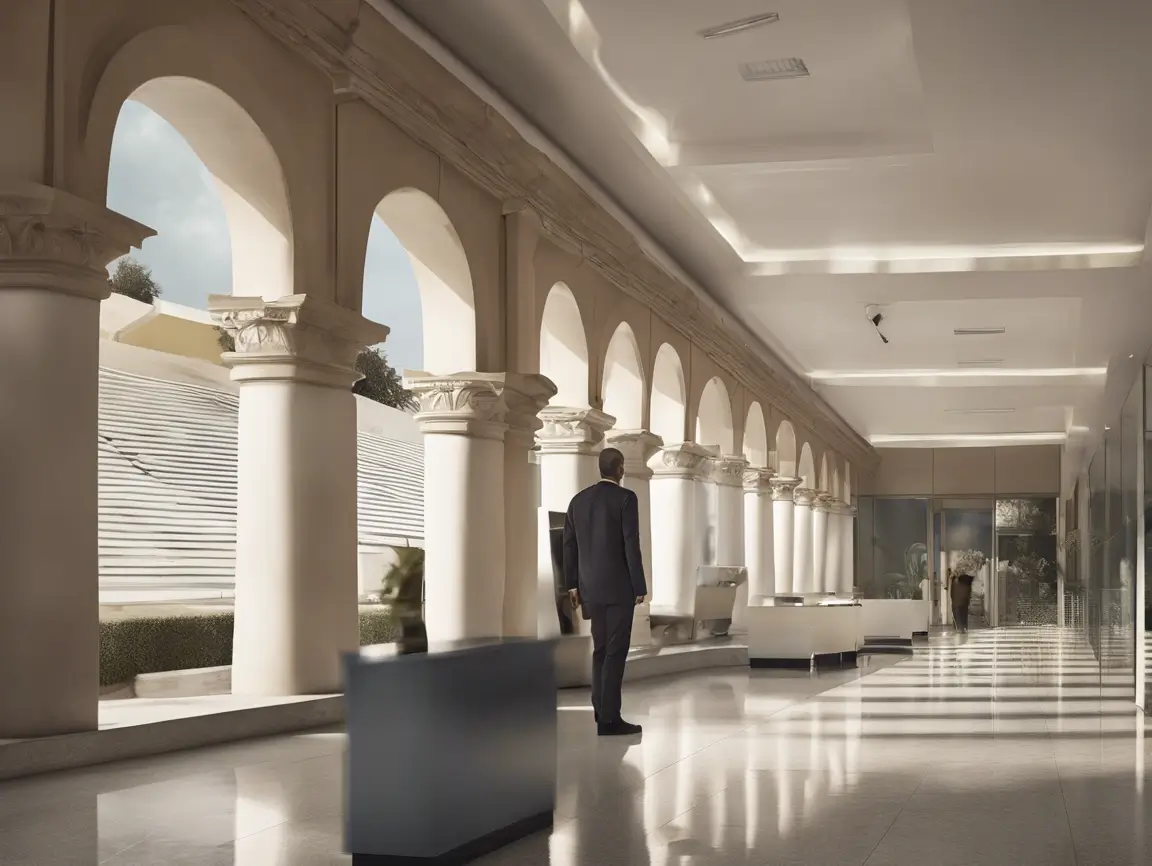Boeing Addresses 787 Dreamliner Safety Concerns
In the wake of allegations made by a whistleblower regarding the safety of its 787 and 777 jets, Boeing has stepped forward to assert the integrity of its Dreamliner aircraft. The company’s statement comes just before a pivotal US Senate hearing on the matter.
Boeing quality engineer Sam Salehpour, who is scheduled to testify at the Senate hearing, has raised serious concerns about the assembly process of the aircraft. Specifically, Salehpour has pointed out potential issues with the shimming process on the 787 Dreamliner, suggesting that improper shimming could lead to premature fatigue failure in certain areas of the aircraft.
However, Boeing officials have confidently rebutted these claims. On a recent call with reporters, Steve Chisholm, Boeing’s chief engineer, mechanical and structural engineering, emphasized that extensive inspections have revealed no airframe fatigue among the nearly 700 Dreamliners that have undergone heavy maintenance. Chisholm assured that all findings have been transparently shared with the Federal Aviation Administration (FAA).
The company faced scrutiny over its safety practices following an incident on January 5 involving a mid-air panel blowout on a 737 MAX plane. This event has only intensified the examination of Boeing’s safety protocols and manufacturing standards.
Boeing had previously paused deliveries of the 787 widebody jet for over a year as it worked through quality and manufacturing issues flagged by the FAA. In 2021, Boeing acknowledged discrepancies in shim sizes and skin-flatness specifications on some 787 aircraft.
Lisa Fahl, vice president of Boeing Commercial Airplanes airplane programs engineering, clarified that the 787’s design specifications allow for a minimal gap tolerance, likening it to “the thickness of a human hair.” She also dismissed reports of unconventional assembly methods, stating that workers jumping on plane parts were “not part of our process.”
Debra Katz, attorney for Salehpour, has urged caution in accepting Boeing’s data without independent verification. Katz insists that her client’s longstanding safety concerns regarding the 787’s gaps warrant further investigation by independent experts and the FAA.
As Boeing continues to navigate its safety crisis, the industry and regulatory bodies are closely watching the outcome of the Senate hearing and subsequent investigations into these allegations.






